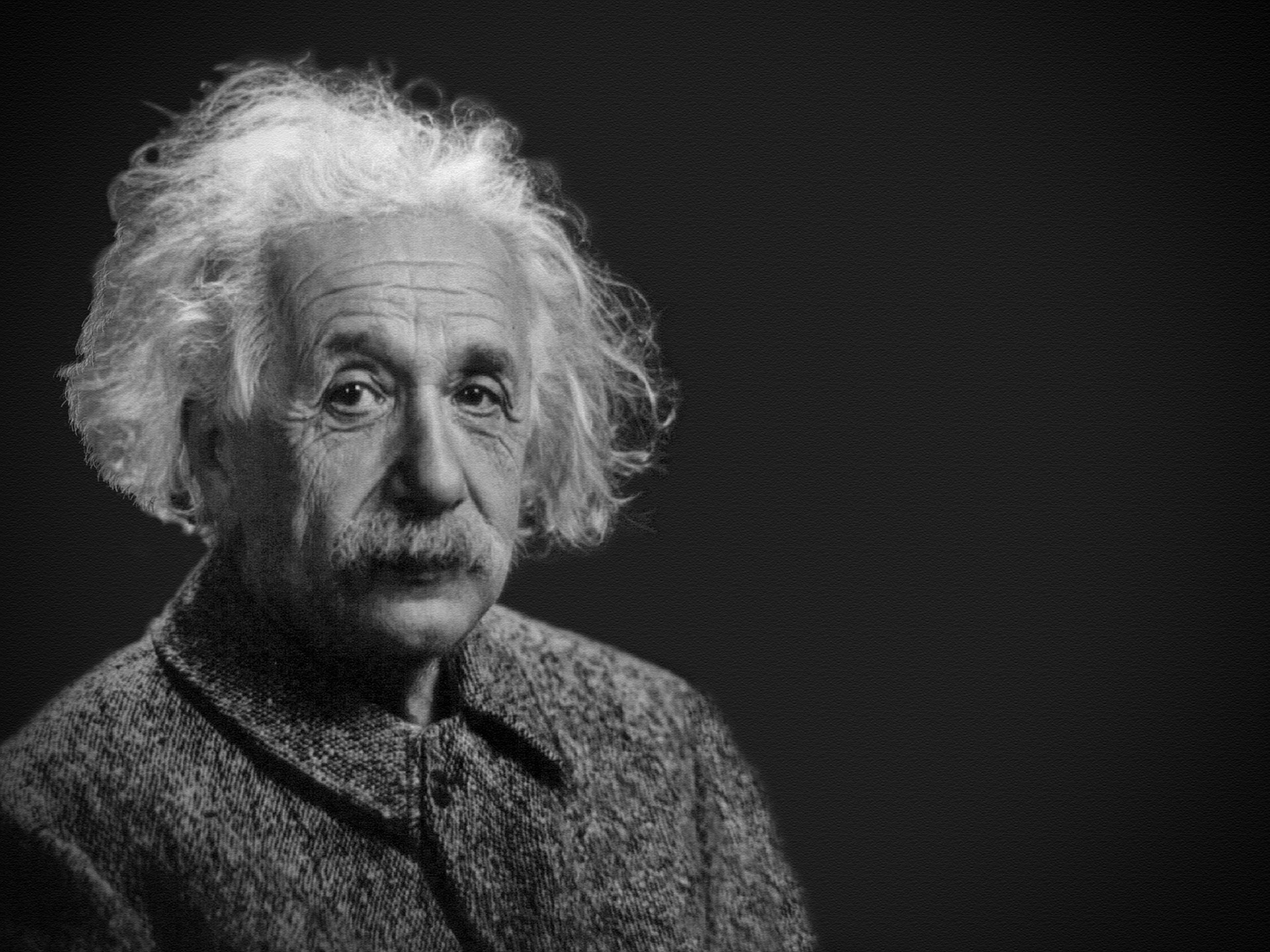Following from my brief comment last time about 2005 being Einstein year, I wonder if you, like me, have ever thought why it is that Einstein is so famous. I mean, just about everyone you will meet on the street will recognise a photo of Albert Einstein, but how many would recognise (say) Charles Darwin or Marie Curie (or even NZ’s own Ernest Rutherford)?
Einstein progressed from being just a patent clerk to a physicist in 1905 when he churned out publications on the photoelectric effect (for which he later received a Nobel Prize), Brownian motion and special relativity. A bit later, once his work was fully accepted, he could add ‘well-respected’ physicist to his CV.
But he didn’t become a household name until much later, until his theory of general relativity (an awfully complicated bit of maths that I won’t pretend to fully understand) was verified through the 1919 total eclipse of the sun. The astronomer Sir Arthur Eddington measured how much the apparent position of a star, close to the sun, was deflected by the presence of the sun. This experiment cannot be done under normal circumstances, with the glare from the sun swamping the sky with light. But in eclipse conditions, with the bright disc of the sun absent, stars can easily be seen. And Eddington’s result (at least, the one he published) was in agreement with Einstein’s prediction from General Relativity.
Einstein and Eddington overnight became celebrities, and Einstein’s global fame, if not quite Eddington’s was secure. But why would verification of a pretty inpenetrable piece of physics result in worldwide fame? Maybe the date was significant. It was just a year after the end of the First World War, and possibly this collaboration (between a German and an Englishman) was seized upon as science providing new hope for the future. Perhaps Einstein’s global fame is more to do simply with timing than with his (admittedly near-perfect) scientific credentials.
